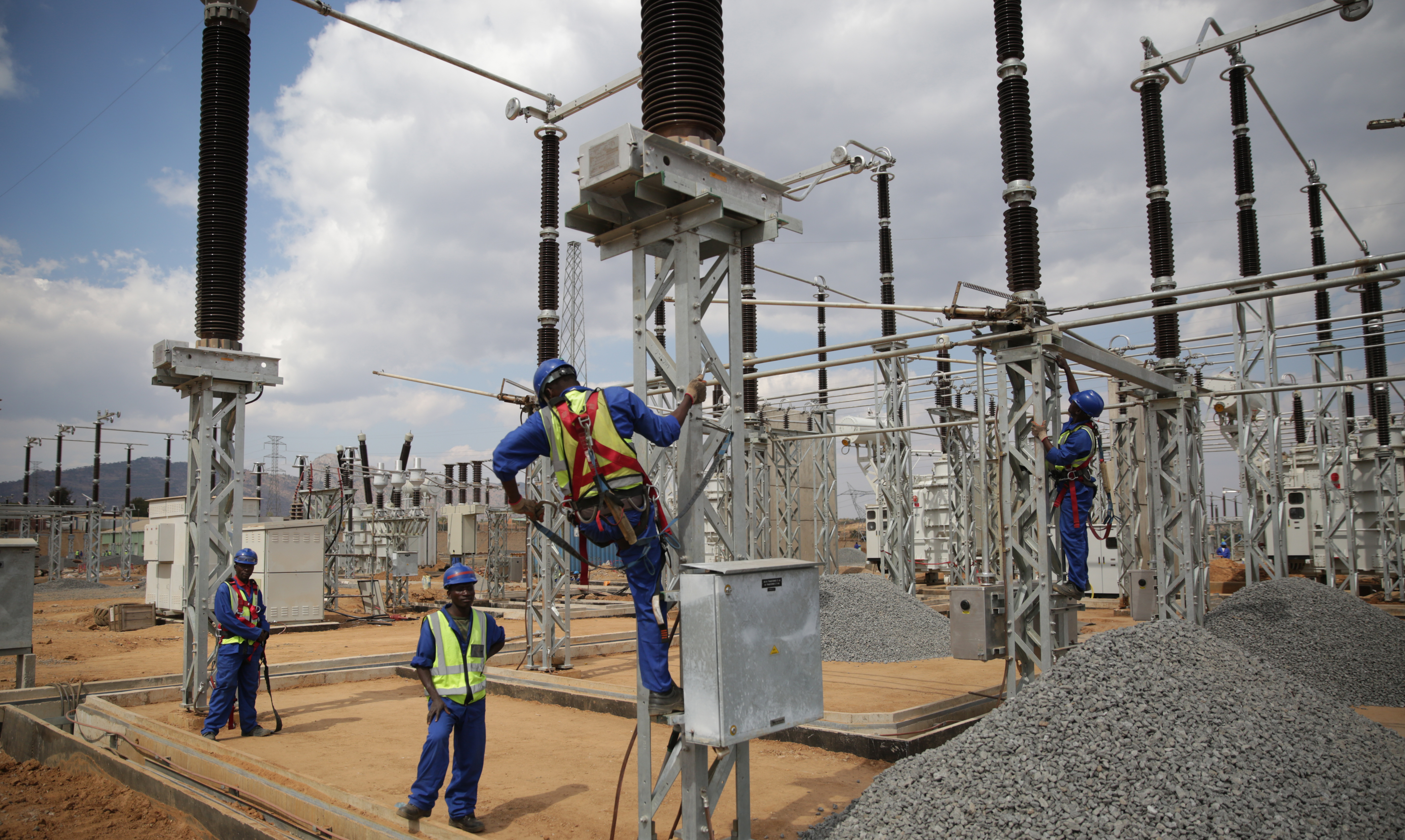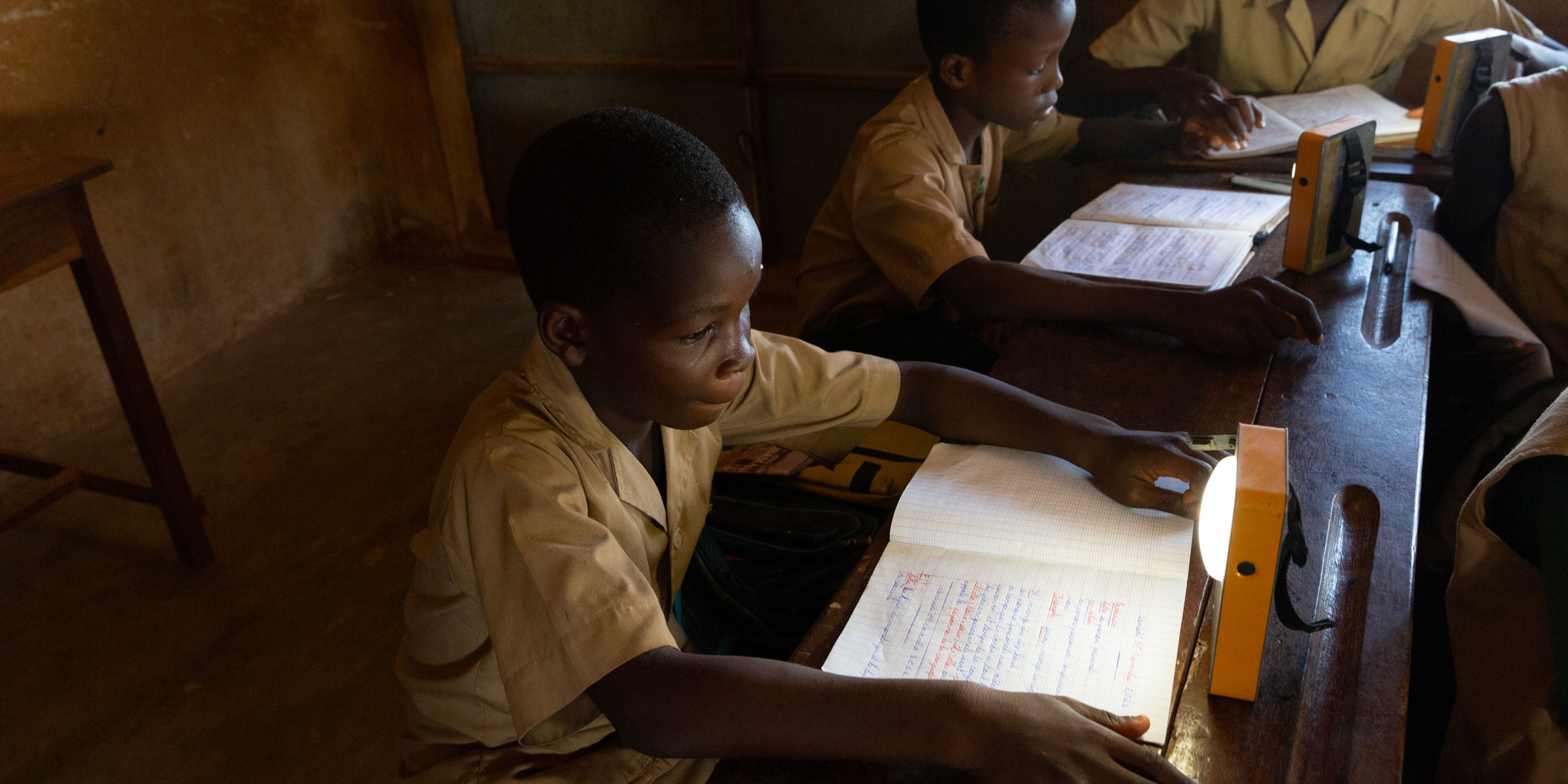-
113
megawatts of generation capacity added -
4,750
megavolt amps of substation capacity added -
6,862
kilometers of electricity lines upgraded or built -
44,507
customer connections added by project
As of Dec 10, 2024
One of the major obstacles to poverty reduction through economic growth and job creation in developing countries is an electricity supply that is insufficient, unreliable, or unaffordable. More than 1.3 billion people around the world lack access to electricity. This stifles investment, increases costs of goods and services, and often forces families to seek electricity sources that are expensive and environmentally unfriendly. An unreliable source of electricity can hamper the delivery of critical services like health care and reduce job opportunities, particularly for the poor and socially disadvantaged.
Country-led development is a core principle of MCC investments. Many of MCC’s partner countries identify and prioritize electricity investments as a building block for the economic development of their countries and the well-being of their citizens. MCC invests in the electricity sector to create self-sustaining electricity systems to meet current and future household and business electricity needs and attract private investment to stimulate economic growth.
Attracting private investment
With the electricity sector investment needs of Africa and South Asia estimated at approximately $40 and $70 billion per year, respectively, these regions need to look beyond traditional donors, development banks, and domestic markets to plug the investment gap. Private sector capital and expertise are vital to expanding and improving the sector. Transparent governance, contract enforcement, creditworthy institutions, and respect for the rule of law are some of the necessary preconditions to attract this kind of investment. MCC helps partner countries to address gaps in their electricity sector policies, laws and regulations, and strengthens sector institutions to help create a business-friendly environment.Private Sector in Benin
Nearly two-thirds of Benin’s population of 14.2 million people does not have electricity. MCC has helped close this gap by supporting sector reforms and investing in public-private partnerships.MCC paved the way for private investment in off-grid power systems in Benin by supporting a national policy, strategy, master plan and regulatory framework for off-grid electrification. These reforms, the first of their kind in West Africa, gave private companies the confidence to invest in providing renewable power systems to unserved areas. MCC multiplied the impact of its $19 million in grant funding by leveraging another $30 million in this private investment in off-grid power systems.
Building infrastructure

Workers at the 400 kilovolt Nkhoma Substation—a significant transmission upgrade completed as part of MCC's $350.7 million compact with Malawi.
MCC also rehabilitated and expanded the 88 megawatt Mount Coffee hydropower facility in Liberia and is procuring firms to construct low-voltage distribution lines and substations in Benin.


